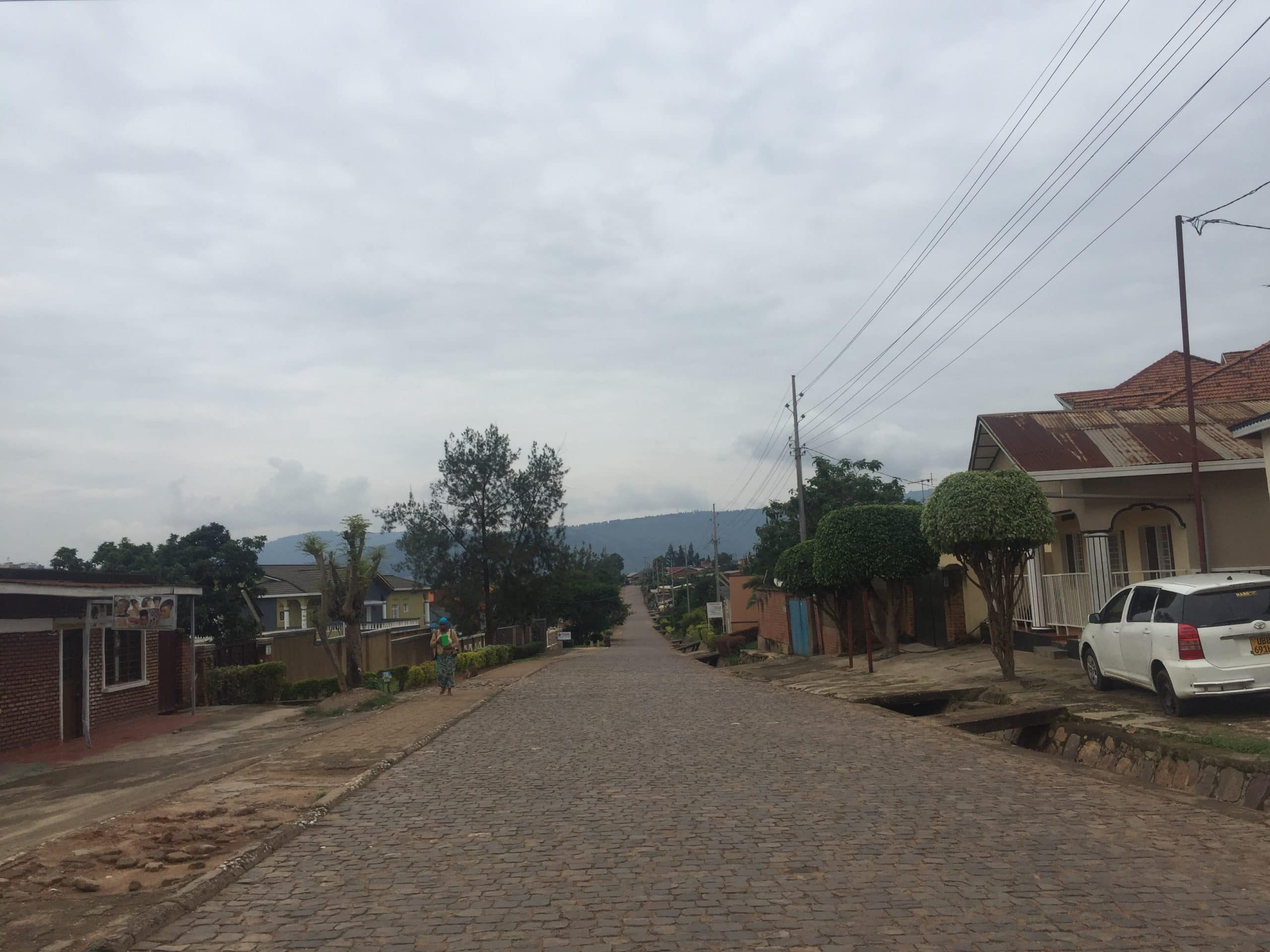Frank Songa, Rwanda’s second confirmed Covid-19 patient, lost his sense of smell and taste, but armed himself with information.
Imagine not being able to smell your morning coffee or taste your favorite food. This was what Frank Songa mostly experienced as he battled Covid-19. Thankfully, he is recovered and now able to smell his morning cuppa at home in the beautiful hill country of Rwanda.
Research findings strongly link sensory loss (taste and smell) to Covid-19, and Songa, a Rwandan humanitarian aid worker, was deprived of these senses for close to two weeks.
Today, he is one of many patients who have recovered from Covid-19 in the tiny East African country.
“Food was just that; food! I could not taste it, nor could I smell the strong chlorine used to mop the floors,” says Songa. He is, however, grateful he did not develop severe symptoms.
Loading...
On March 14, he drove to hospital to get himself tested after experiencing mild symptoms. He was not prepared for the results.
“I had a mild fever and a congested nose. Due to the nature of my work, I am a frequent traveler, so I decided to get tested just to make sure I was fine. On the 15th of March, I got a call from the hospital informing me that I had tested positive for the virus,” says the young man.

Songa was Rwanda’s second confirmed patient and was taken to the Kanyinya Health Center, one of the three treatment centers accommodating Covid-19 patients in Rwanda. Meanwhile, the process of tracing his contacts began.
While in isolation, he had many questions running amuck in his mind but being armed with the right information helped him keep a level head.
“I read widely, but I also ensured that I sifted through the information I received on the pandemic and this really helped me remain calm,” he says.
He will forever remain indebted to the frontline workers including the team of doctors, nurses, nutritionists, lab technicians and even janitors who journeyed with him on the road to recovery.
What was even more puzzling to him was the fact that all the services rendered, including tests, accommodation and even meals were all free of charge.
“They did not charge me for anything, all the expenses were covered,” he says, adding that this is not the case in most African countries.
After 22 days in isolation and a series of tests, Songa was finally declared free of the disease and was given a clean chit to return home. This was followed by another 14 days of self-quarantine.
Apart from taking seriously the precautionary measures put in place to curb the spread of Covid-19, Songa cautions against the stigmatization of people who suffer the disease, saying that this would only be regressive and counter-productive in the fight against the pandemic.
By Tesi Kaven
Loading...
